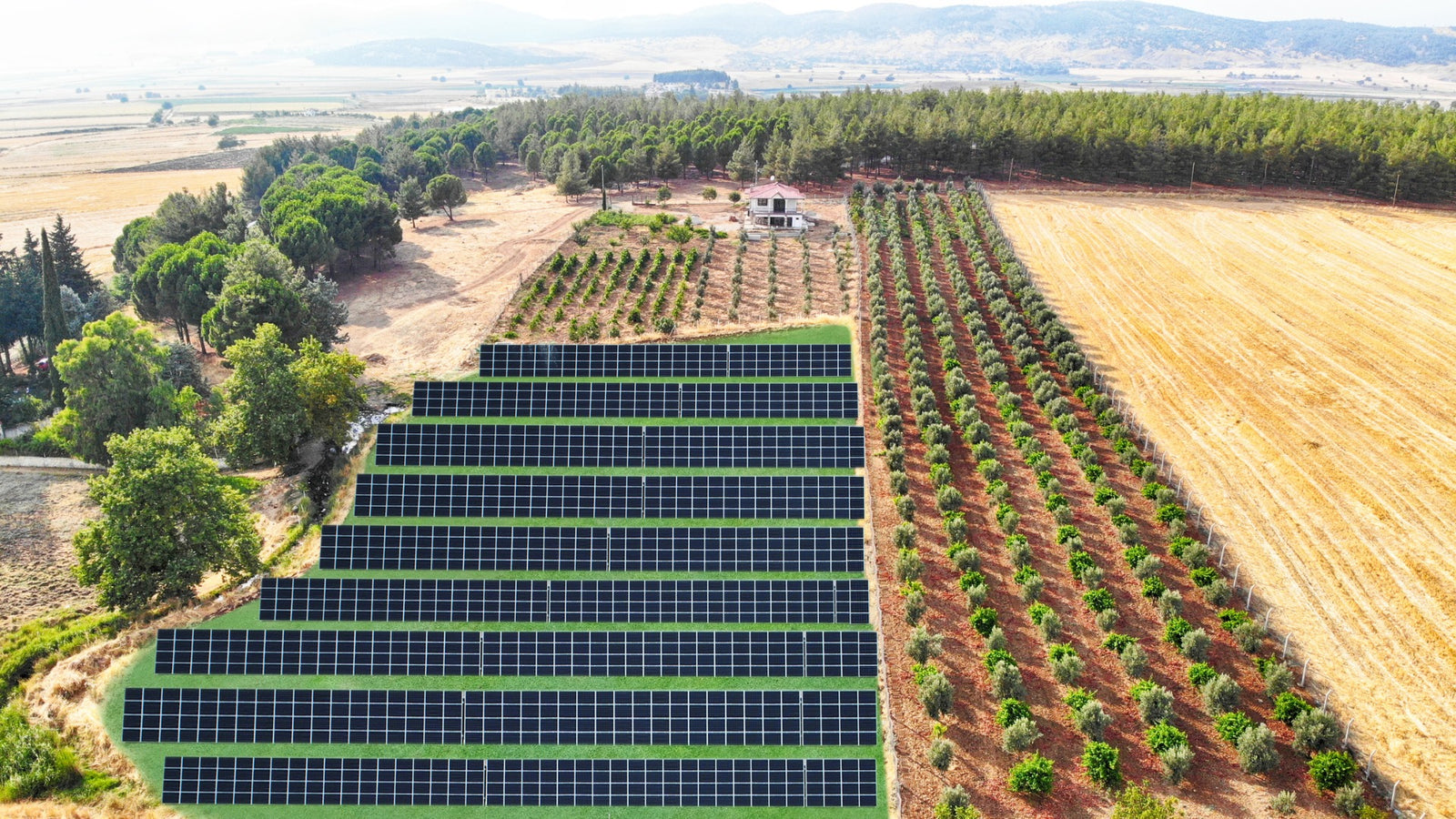Recommendations for Renewable Energy Policy

Gathering the data is the first step in formulating effective renewable energy policies. This data should be used to set achievable goals for short-term plans during the next five years, intermediate-term scenarios, and long-term planning over several decades.
However, these goals must be supported by realistic strategies that account for potential obstacles and incorporate feedback from all involved government agencies and local communities. It is also essential to develop metrics for monitoring progress toward stated goals. That way, organizations can perform periodic evaluations and modify strategies if they are not meeting their targets.
Building Support for Renewables
Renewable energy policies must have support from a broad cross-section of the public in order to be successful. Many segments of society are already in favor of renewables, but they must be convinced that particular projects meet their sustainability criteria.
For example, wind power is one of the better renewable energy sources, yet it can still create noise pollution issues in the surrounding area. That is why it is crucial to consult with local leaders and build support for sustainable energy in their communities. Their concerns can be addressed and alleviated in many cases, which helps to turn potential opponents into allies.
Sometimes, the solution to issues with present renewable energy technologies can be found by supporting innovation. For many years, some renewable energy sources were seen as unreliable, while electric vehicles were often underpowered. The development of better battery technology proved to be the key to resolving both issues.
Renewable Electricity Market Efficiency
There are also several policies that would increase the efficiency of the market for renewable electricity. At a minimum, eliminating subsidies for fossil fuels gives clean and sustainable energy a fair chance. Furthermore, there are two policy arguments that taxing fossil fuels or subsidizing renewables would result in more efficient pricing.
Nonrenewable energy sources necessarily use resources that cannot be replaced, imposing additional costs on future generations. In addition, fossil fuels create negative externalities in the form of pollution, so market prices do not reflect their real costs. Instead of being compensated for their benefits, renewables sometimes face difficulties getting access to electrical grids for transmission and distribution.
Finally, renewable electricity sources would also benefit from getting lower-cost financing supported by government guarantees, or at least easier regulatory approval.
Sustainable Cooling and Heating
Cooling and heating are the largest uses of energy, and together they account for about half of all energy consumption. However, policies aimed at promoting renewable energy often overlook the potential for reducing cooling and heating needs through better insulation and other conservation measures.
New policies need to remove barriers to sustainable heating and cooling, such as outdated building codes and certification requirements. In this field, we still need to do an enormous amount of basic research into the effectiveness of different policies. That would allow organizations to optimize the deployment of new technologies and create appropriate rules.
Renewable Transportation Infrastructure
The transportation sector consumes about 30% of global energy production, making it the second-largest user of energy. The most significant barrier to the adoption of sustainable energy for transportation is the lack of infrastructure. Although charging stations have become more common, the relative scarcity of these facilities remains one of the largest obstacles to widespread use of electric vehicles.
Even conventional cars would be more sustainable if they switched to using oil blended with more biofuels, but that rarely happens without mandates. Otherwise, traditional fossil fuels are usually cheaper and more readily available.
The development of advanced biofuels creates the potential to shift aviation toward a more sustainable trajectory. The decline in the prices of many fossil fuels during 2020 creates a perfect opportunity to increase biofuel requirements with minimal impact on consumers.




